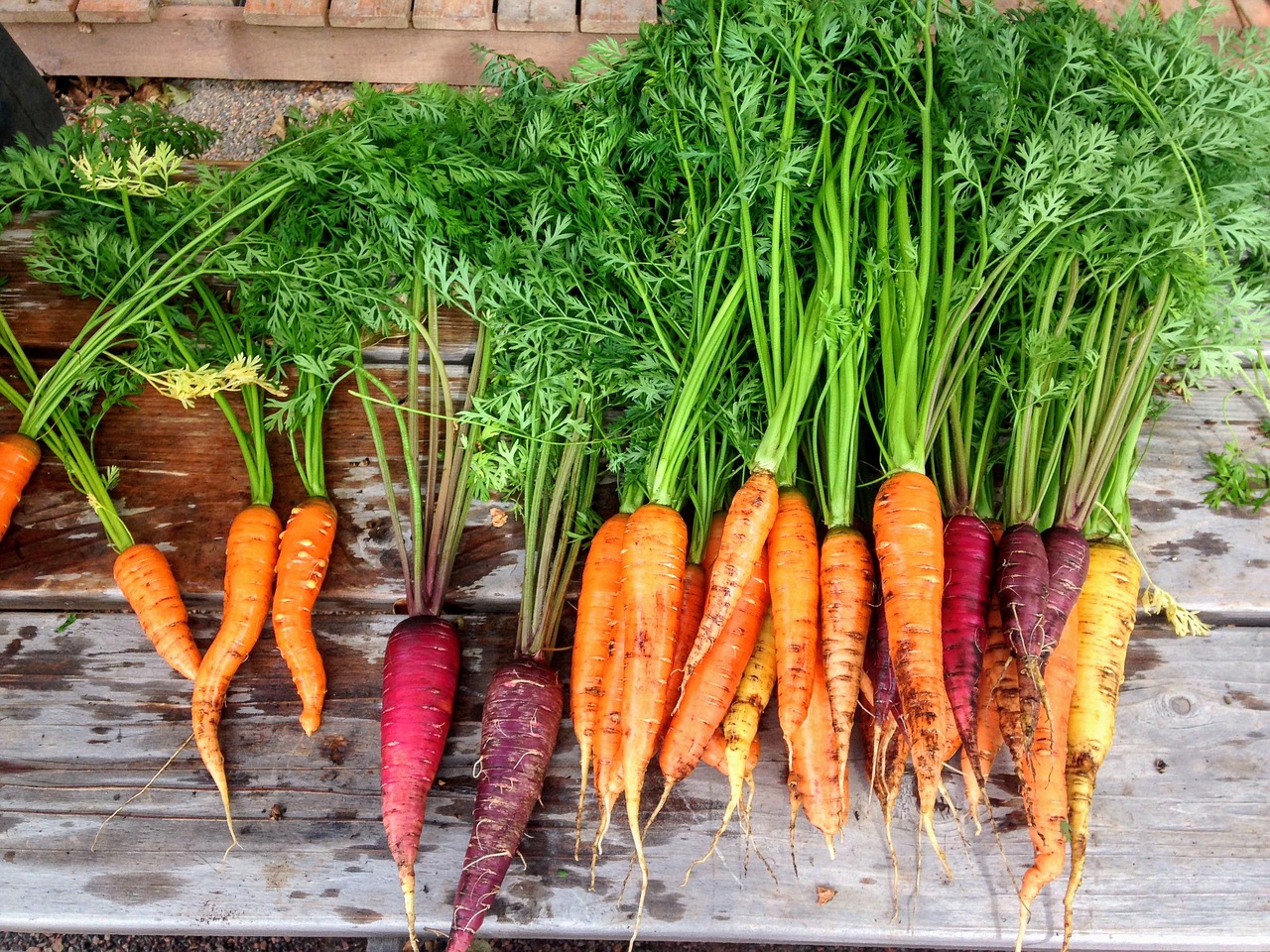
Organic Farming In India-Everything About Organic Farming
Prime Minister Narendra Modi has advised farmers many times to reduce the use of chemicals and pesticides. His government is constantly emphasizing on promoting organic farming in india. But most of the farmers do not have any concrete information about how organic farming will be done. Where to get the certificate for that and what is its market? From where will I get the necessary things for such farming? Now the answer to these questions will be found in one place. The government has developed an organic farming portal (https://www.jaivikkheti.in/) for the convenience of farmers, which you can take help of.
The government has created PKVY (Prdhanmantri Krishi Vikas Yojana) to promote organic farming. Due to which you will get 50 thousand rupees per hectare for natural farming.
To promote organic farming by the central government, the government has formulated (Prdhanmantri Krishi Vikas Yojana (PKVY). Under PKVY ((Prdhanmantri krishi vikas yojana) assistance of Rs 50,000 per hectare is being given for three years.
Out of this, farmers get Rs 31,000 (61 percent) for buying organic fertilizers, organic pesticides and vermicompost etc.
Under the Mission Organic Value Chain Development for North Eastern Region, farmers are being given assistance of Rs 7500 per hectare in three years to buy organic inputs.
Under Soil Health Management, private agencies are getting 33 percent financial assistance through NABARD at the cost limit of Rs 63 lakh per unit.
Growing scope of organic farming In india
The focus on organic farming in India came in 2004-05, when the National Project on Organic Farming (NPOF) was launched. According to the National Center of Organic Farming, organic farming in India was taking place in only 76,000 hectares in 2003-04, which increased to 10,85,648 hectares in 2009-10.
On the other hand, according to a report of the Union Agriculture Ministry, at present, organic farming is being done in about 27.77 lakh hectares. In these Madhya Pradesh, Maharashtra, Rajasthan, Chhattisgarh, UP, Odisha, Karnataka, Jharkhand and Assam are doing good work.
Organic farming and its market
According to the International Competitiveness Center for Organic Agriculture (ICCOA), the organic products market in India is expected to reach USD 1.50 billion by 2020.
According to the Central Import Export Control Board (APEDA-APEDA), India produced about 1.70 million metric tonnes of certified organic produce in 2017-18.
In 2017-18, we exported 4.58 lakh metric organic products. Due to this the country got Rs 3453.48 crore.
The main importers of organic products from India are the US, European Union, Canada, Switzerland, Australia, Israel, South Korea, Vietnam, New Zealand and Japan.
100% organic state
Sikkim had declared itself a 100% agricultural state in January 2016. He phased out chemical fertilizers and pesticides. According to APEDA, this small northeastern state has converted its 76 thousand hectares of agricultural land into certified organic farming area.
This state has not just got this title. He formed the Sikkim State Organic Board. Created Sikkim Organic Mission. Build organic farm schools. Build a 'Bio Village'. By the year 2006-2007, he stopped taking quota of chemical fertilizers from the central government. In return, farmers started giving organic fertilizers. Motivated farmers to produce organic seeds and fertilizers
challenges related to organic farming in india
Saket Kushwaha, Professor of Agriculture Economics, says that in a country like India where 130 crore people live, organic farming is no less than a challenge. Because in such farming there is a big possibility of reducing the production. In such a situation, how will the need for food grains be met, while our holdings are decreasing. The second challenge is whether the market for organic farming will be found in the villages? Is there any arrangement to bring organic products from villages to cities?
According to Kushwaha, organic products are two to three times more expensive, so it can be sold only where the purchase power is good. However, the truth is also that the use of organic products will reduce medical expenses. The challenge for the farmer is from where will he make so much organic manure. According to Kushwaha, what the government can do is to encourage every farmer to do 25 percent of farming in the traditional way. When farmers start getting benefits from this, then they themselves will gradually start increasing such farming. Even today some farmers prepare products without fertilizer for themselves.
Chemical fertilizers and barren earth!
According to the CSE (Centre for Science and Environment) State of India's Environment 2017 report, about 30 percent of the country's land is on the verge of being degraded or barren. It is a fundamental threat to agriculture. In Rajasthan, Delhi, Goa, Maharashtra, Jharkhand, Nagaland, Tripura and Himachal Pradesh, 40 to 70 percent land is going to become barren.
In fact, the use of urea started after the Green Revolution (1965-66) to make the country self-sufficient in agriculture. But experts in the agriculture sector say that the urea that we are using to increase production is slowly making our fields barren.